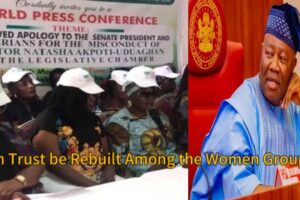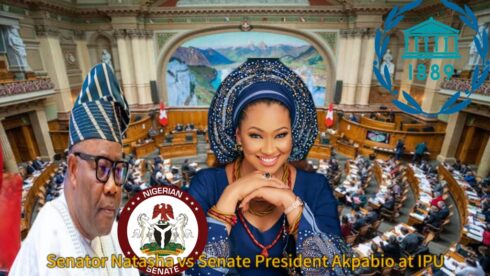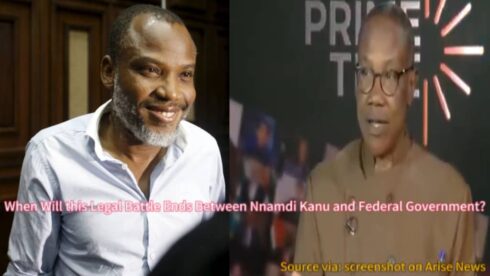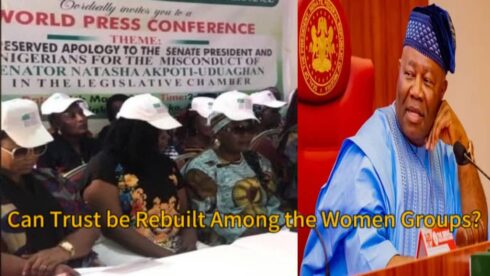In a high-profile investigation into currency abuse, the Economic and Financial Crimes Commission (EFCC) has summoned a Nigerien national, Ibrahim Mohammad, along with family members and guests, over allegations of naira abuse at his wedding to Amina Babagana Zannah in Kano. This action by the EFCC follows a viral video depicting attendees spraying naira notes at the event, which has attracted widespread public attention and stirred debate about the agency’s ongoing campaign against currency misuse.
Dele Oyewale, Head of Media and Publicity for the EFCC, confirmed that the agency had taken note of the viral video, emphasizing its commitment to upholding currency regulations. Dele Oyewale explained that the EFCC aims to curb practices that undermine the naira’s value and dignity, warning that the commission would pursue violators irrespective of nationality or social status. This investigation highlights the Economic and Financial Crimes Commission’s heightened focus on enforcing currency-related laws.
Investigation Reveals the True Wedding Event in Question
Initially, reports erroneously linked the naira-spraying incident to the wedding of Fauziya Danjuma Goje, daughter of Senator Danjuma Goje, prompting substantial media coverage and public outcry. However, Dele Oyewale clarified that the incident in question occurred at the wedding dinner of Amina Babagana Zannah, daughter of Hajara Seidu Haruna, popularly known as Hafsat Gold Nigeria, the CEO of Hafsat Jewellery Enterprise, with offices in Abuja, Kano, and Dubai.
Haruna, Zannah’s mother, acknowledged the incident, explaining that the groom’s family, visiting from Niger Republic, engaged in the naira-spraying as part of the wedding festivities. This clarification underscores the Economic and Financial Crimes Commission’s commitment to accurate reporting in its investigations, which helps protect the integrity of its currency protection campaign and dispels misinformation.
Economic and Financial Crimes Commission’s Stance on Currency Regulations and Public Vigilance
The EFCC reiterated its dedication to enforcing currency regulations and called on the public to remain vigilant regarding currency misuse. The commission’s currency protection campaign seeks to foster a culture of respect for the naira, aiming to prevent currency degradation and discourage the dollarization of the economy. According to the Economic and Financial Crimes Commission, actions like naira spraying not only discredit the nation’s currency but also erode economic stability, and the agency is committed to addressing such practices.
“The Economic and Financial Crimes Commission’s campaigns are building awareness across Nigeria,” Dele Oyewale stated, adding that public support is critical in the fight against naira abuse. He reaffirmed that the commission would not prosecute anyone wrongly accused but stressed that no offender would be exempt from investigation or possible prosecution.
Naira-Spraying Draws Public and Media Reactions
The EFCC’s recent actions sparked reactions across Nigerian society, with many questioning how traditions around celebratory currency spraying should be balanced against economic preservation. The viral video also spurred editorials from major newspapers, further intensifying the public discourse on the issue. In particular, allegations against Senator Danjuma Goje’s family contributed to the widespread interest, underscoring the sensitivity surrounding public figures and currency abuse allegations.
The Economic and Financial Crimes Commission, however, has made it clear that its objective is to protect the naira and that it will continue to scrutinize any suspected breaches without bias. In response to public interest, the Economic and Financial Crimes Commission urged citizens to report incidents of currency abuse and support efforts to uphold currency regulations. This case serves as a reminder of the need for accountability and the shared responsibility of preserving the nation’s financial integrity.
Table of Contents
Discover more from OGM News NG
Subscribe to get the latest posts sent to your email.














